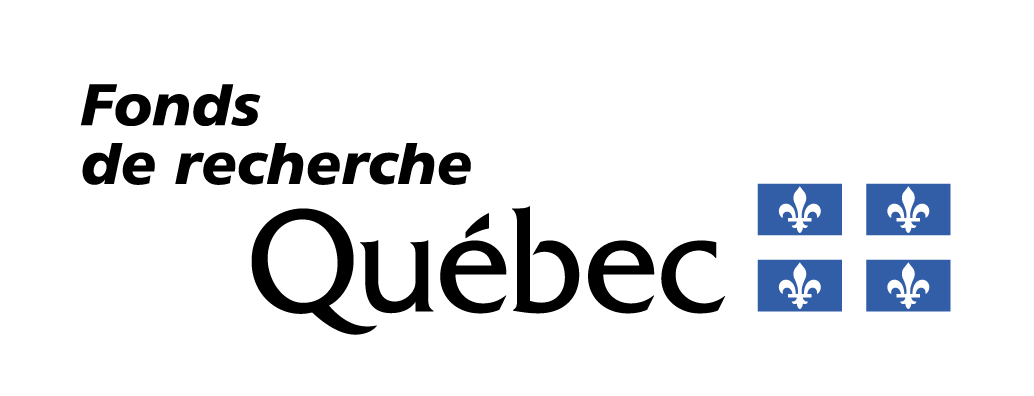TPS D3 – Work, employment, and skills in the circular economy
Objective
The aim of TPS D3 is to identify best practices and development pathways for training, to specify potential collaborations for promoting sustainable development and the development of circular economy programs in Quebec, and to promote collaborations between college and university institutions.
- Identify best practices and development pathways for training
- Create a mapping of best practices in educational institutions
- Specify potential collaborations for initiatives around promoting sustainable development in higher education and lead to proposals for the creation of courses and the development of circular economy programs in Quebec
- Promote and support collaborations among the participating college and university institutions
- Identify best practices in research, particularly seeking to specify the modalities of co-creation and mobilization of relevant knowledge supporting the transition to a circular economy
Examples of Research Questions and Issues
- How can the principles of the circular economy be integrated into university programs in management and engineering?
- What new management and business models are needed to support the transition to a circular economy?
- What adaptations are necessary to create materials, processes, and technological solutions aligned with the circular economy?
- What disciplinary changes are required in the fields of economics, management, and engineering to integrate the circular economy?
- How can we enhance the value of trades and skills in the circular economy, such as repair and product lifespan extension?
- How can we effectively promote the functionality economy in professional training programs?
- What strategies encourage collaboration between universities and businesses to develop technological solutions in the circular economy?
- How can we optimize the co-creation and mobilization of knowledge to support the transition to a circular economy?
- What criteria should be evaluated to measure the impact of educational programs in the circular economy on sustainability and innovation?
- What initiatives will raise awareness among students and professionals about the benefits and opportunities of the circular economy?
Steering Committee
The TPS D3 on work, employment, and skills in the circular economy is led by a team of four researchers. They are responsible for proposing the directions of the TPS and represent a diversity of research in the circular economy.
Emmanuel Raufflet
Ph.D., Full professor at HEC Montréal and co-holder of Axis 1
Clara Alagy
Student at Polytechnique Montréal
Vincent Pasquier
Professor at HEC Montréal
Sara Perez-Lauzon
Ph.D., CRHA, Assistant professor at HEC Montréal
Éric Mateu-Huon
B.Éd., M.Sc., Adm.A. College teacher-researcher
Mobilized Experts
In addition to the members of the steering committee, the experts of TPS D3 are regularly engaged to provide their perspectives and expertise. These experts contribute to broadening the representativeness of organizational diversity and furthering the discussions on the theme of circularity in the field of work and employment.
- Abdeslam Bencid, Researcher at the Centre de recherche en technologie industrielle (CRTI)
- Ambre Fourrier, Doctoral student at the Université du Québec à Montréal (UQAM)
- Aziz Bentis, Post-doctoral fellow at UQAT
- Céline Vaneeckhaute, Associate professor at Université Laval
- Charlotte Trudeau-Drolet, Circular economy analyst at Stratzer
- Clara Alagy, Master’s student at Polytechnique Montréal
- Deanna Han, Doctoral student at Maastricht University
- Drissa Ouattara, Project manager at Université du Québec en Abitibi-Témiscamingue (UQAT)
- Éric Mateu-Huon, Researcher and teacher at CEGEP André-Laurendeau
- Farah Gayama, Professional and manager at Collectif Bienvenue
- Felipe Soto, Sustainability expert at BBA Consultants
- Hajer Bannour, Researcher at Groupe CTT
- Hicham El Yousfi, Research professor at Université Mohamed V (Rabat, Morocco)
- Jean-Yves Guimond, Director at Corporation Valorisation Solidaire
- Josephine Sciortino, Editorial director at Canadian Science Publishing
- Julie Larivière, Project manager at the Centre de Transfert technologique en Écologie Industrielle (CTTEI)
- Laila Mesrar, Researcher at Normandie Université (France) and Université Sidi Mohamed Ben Abdellah (Fès, Morocco)
- Prisca Ayassamy, Postdoctoral researcher at Université de Sherbrooke
- Rachel Bourdon, Circular economy project manager at CRE Montérégie
- Pierre-Yves Misme, Co-founder of Cyrcée and advocate for the Fresque de l’Économie Circulaire
- Prisca Ayassamy, Post-doctorante à l’Université de Sherbrooke
- Vincent Pasquier, Professor at HEC Montréal
- Sara Perez-Lauzon, Assistant professor at HEC Montréal
- Soulé Idrissou, Researcher and teacher at Université d’Abomey-Calavi (Cotonou, Benin)
- Yixiang Wang, Associate professor at McGill University
D3 Activities
Projects Led by D3
The steering committee of D3 identifies directions and coordinates research projects to advance knowledge. You can get involved in these projects at any time by expressing your interest via the form.
Study on the circular economy and the creation of quality jobs
The objective of the project “The capacity of circular economy to generate quality jobs in Quebec: An exploratoy study” is to evaluate how the circular economy can be a driver of job creation in Quebec, with significant social benefits. This study complements the work done by Emmanuel Raufflet on the subject.
Do you want to get involved in this project? Choose D3 in the form:
Other initiatives related to D3
Projects funded by the RRECQ
- Characterization of circular economy jobs and their quality in Québec’s social economy enterprises (SEEs)(Project led by Sophie Bernard) > Discover
- The invisible hands at work in the circular economy: survey of waste sorting in rehiring firms in Québec (Project led by Eric Pineault) > Discover
- Circular transition in Quebec: Learning and trial and error in SME involvement (Project led by Guillaume Pain) > Discover
- Circular Economy at the Heart of Office Furniture Conception: Towards Furniture Reuse Within the Industry (Project led by Houssein Awada) > Discover
